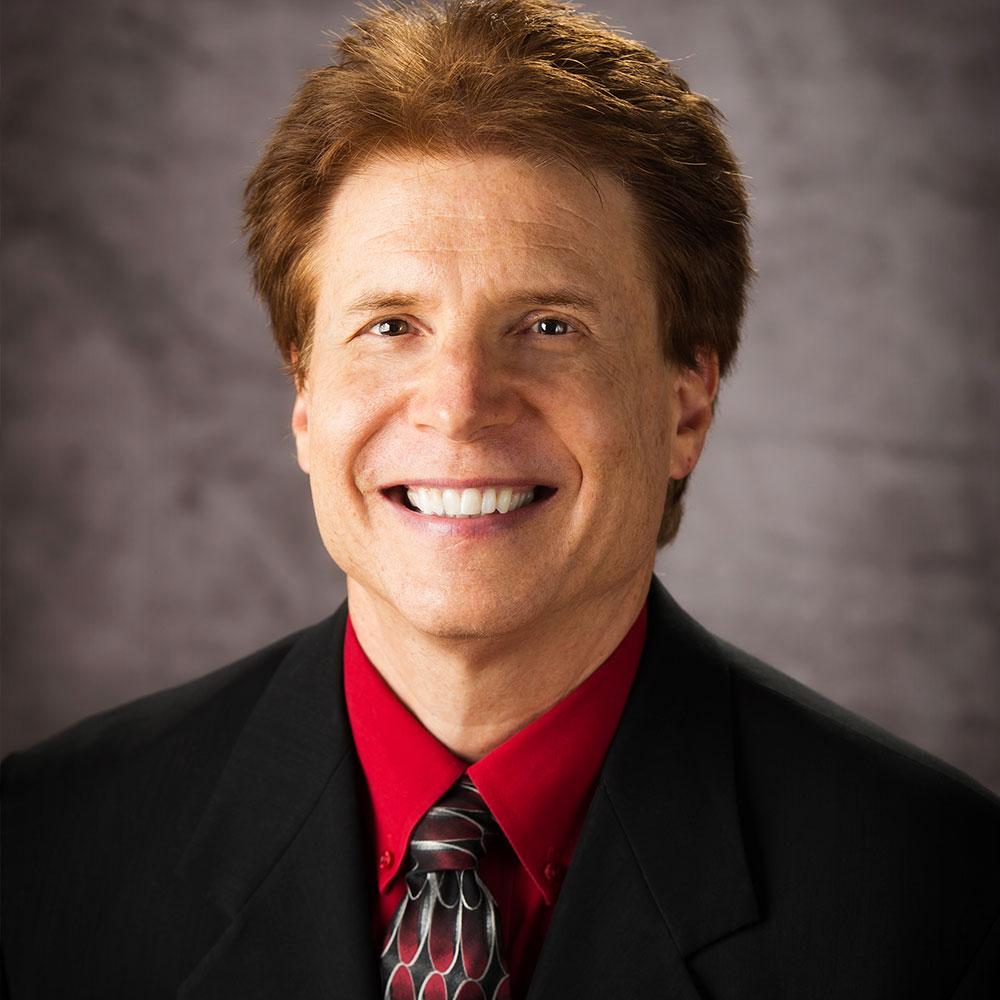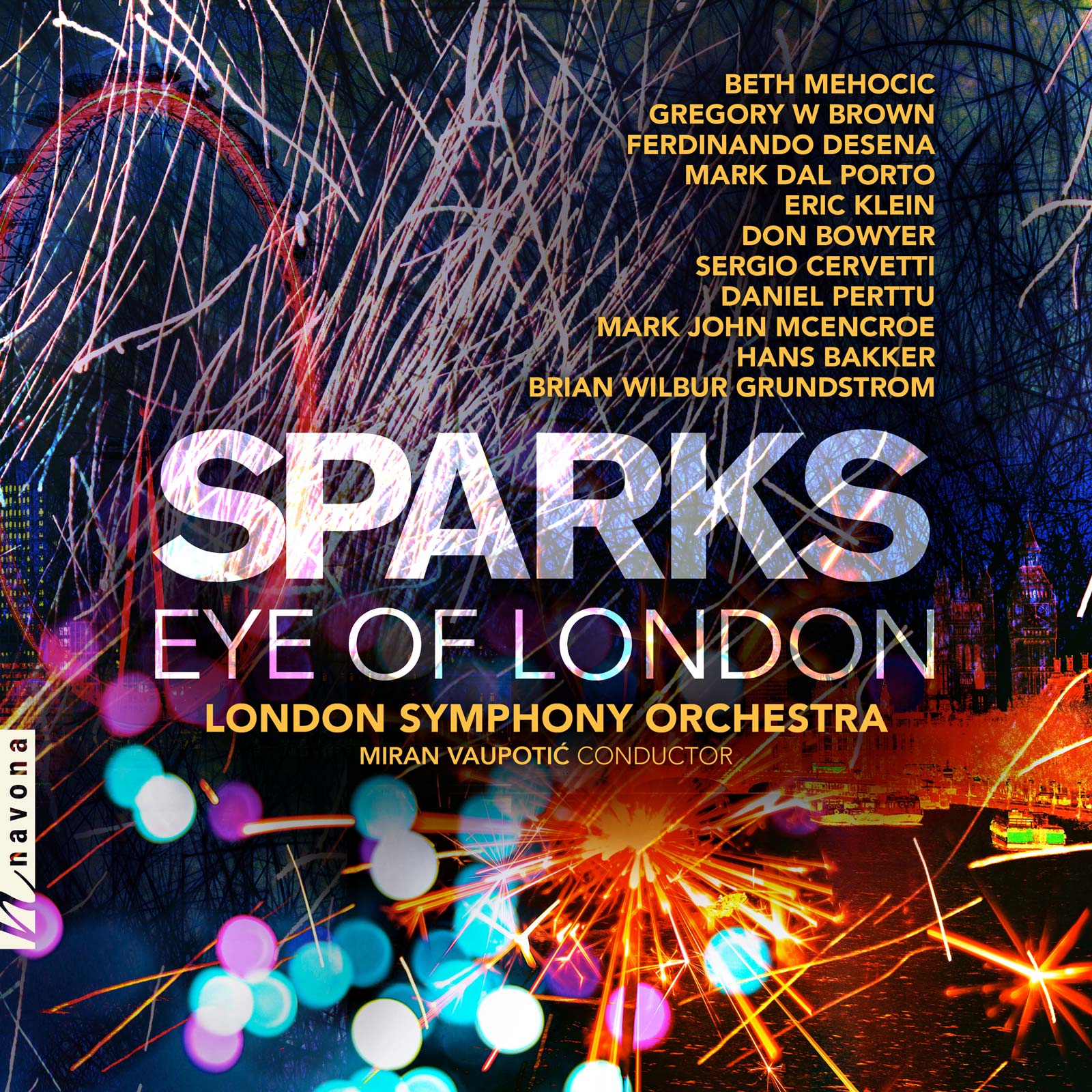
Navona Records presents SPARKS: EYE OF LONDON, an assembly of original fanfares performed by the London Symphony Orchestra. Drawing from the compositional strengths of today’s composers, the orchestra navigates chaos and order, isolation, and ascension towards triumph through passionate orchestral writing reminiscent of the fire that burns within us. The album features composer Mark Dal Proto and his piece Bucolic Celebration, a commemoration and salutation on the joys of country life, particularly that which can be found in the panoramic and magnificent landscapes of the United Kingdom.
Today, Mark is our featured artist on “The Inside Story,” a blog series exploring the inner workings and personalities of our composers and performers. Read on to learn about how he believes perseverance can be a key to success, and how honing in on things that inspire emotions of “wonder, awe, and veneration” help enhance his music…
What inspires you to write and/or perform?
For composing music, things that inspire wonder, awe, and veneration, such as a beautiful scene, a poem, or any unforgettable moment one might encounter in life can serve as inspiration for me. My wife Tracy (who is an oboist and teaches with me at Eastern New Mexico University) frequently serves as a sounding-board for me in what I am writing.
For performing, being able to perform with my wife (oboe and piano) and being able to share ideas with her is always enlightening. When performing with others, it is great to be able to share thoughts and to hear other’s ideas in connection with the music we are performing together. The result is always a learning experience, valuable in building even greater musicianship for oneself and all those we interact with.
If you could collaborate with anyone, who would it be?
As a composer/pianist, I have always enjoyed working the most with my wife Tracy. We have performed innumerable times together in many parts of the country and several times overseas. She has been a blessing for me, and I continue to look forward to more performances together with her.
As a composer, I would love to have the opportunity to work with another major symphony orchestra again, either here in this country or in Europe. Having already worked with the London Symphony Orchestra for the recording of my orchestral fanfare, Bucolic Celebration, it would be a dream of mine to have my newly completed four-movement symphony, Symphony of the Ages (or any of my other orchestral works), performed by a major symphony.
What advice do you have for young musicians?
The need for perseverance. I have found that those who have developed this quality sufficiently well will most often end up being the most successful musicians and will likely, in time, realize their most important artistic goals.
How have your influences changed as you grow as a musician?
As a composer, my influences began when I focused my listening on the emotional content of composers and how those were displayed and handled. Later, I took a greater interest in focusing my attention on each composer’s technique and craftsmanship. Now I have tried to assimilate both together, and my emphasis has returned to emotions first, but strongly supported by good craftsmanship. This works well for me in writing music that best exemplifies my inner voice and personal style of writing.
How do you prepare for a performance?
As a performer, lots of practice, as well as perfecting my performance as much as possible beforehand. As a composer, it would be preparing the score and parts as meticulously and as clearly as possible so that the performers can best understand my intentions for the work that they are rehearsing.
Where and when are you at your most creative?
When commissioned to write a new work and knowing that it will definitely be performed, then I tend to be at my most creative. Also, I find being in a new environment or setting can help to stimulate greater creativity. When not working on a commission, I still imagine that the work I am composing is going to be performed in the near future and this helps keep me motivated to complete it. It also helps me to know what I am specifically trying to accomplish. For instance, questions I often ask myself are: What is the atmosphere, setting, or mood I am trying to create, and what is it all leading to? If I have a text I am setting, what emotions are present in the words that I need to translate into music? What can I do musically to evoke the feelings and emotions I am looking for? What musical landscape am I trying to paint?
Lastly, as mentioned earlier, things that I find truly inspirational that help my creativity are those that build in me a sense of wonder, awe, and veneration, such as a beautiful scene, a poem, or any unforgettable moment in my life.

Mark Dal Porto has received numerous commissions with his works receiving hundreds of performances by many instrumental and vocal ensembles throughout the United States and abroad. In 2019, he released Peace, Nature & Renewal¸ a CD featuring some of his orchestral, choral, and chamber works. In the 2013 CODA (College Orchestra Directors Association) International Composition Contest, he was awarded first prize for his orchestral work Song of Eternity. He has also received certificates of excellence in band, choral, orchestral, and chamber music composition from The American Prize organization.

